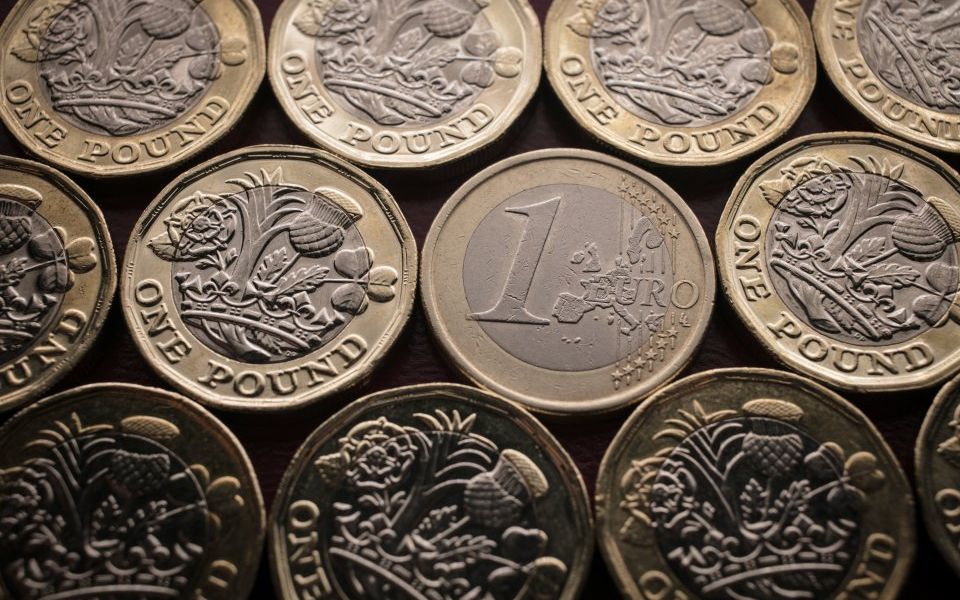Sterling volatility continues over no deal Brexit fears

Hedge fund boss Crispin Odey said today he would continue betting against sterling in the run up to Brexit, even after it fell to its lowest point for a year yesterday.
Nervousness over the UK’s prospects of striking a deal with the EU has sent sterling sliding in recent days, falling as low as $1.2842 today, the lowest point since August 2017.
Speaking to Reuters, Brexit-voter Odey said he would continue to short sterling as the deadline for the UK leaving the EU in March approached.
Read more: Pound sinks to 11-month low after Liam Fox's no deal Brexit warning
“I’ve been short sterling because my sense is that we’ve got to go on our own. All these remainers, they will feel it’s the end of the world when we have to go on our own, but that’s when you buy sterling back,” he said
Odey said sterling could fall as far as $1.21, a further fall of more than 6 percent. The pound has lost more than 10 per cent since April and is down almost 15 per cent since the Brexit vote in June 2016.
The pound fell on Monday after minister for international trade Liam Fox said there was a 60 per cent chance the UK would leave the EU without a deal, putting the blame on “intransigence” from the European Commission.
Last week Bank of England governor Mark Carney warned that the risk of the UK leaving the EU without a deal was “uncomfortably high”, something he described as a “highly undesirable” scenario.
Tomorrow the Office for National Statistics (ONS) will publish the latest growth figures for the UK economy. Gross Domestic Product is expected to have grown in the second quarter by 0.4 per cent, having grown by just 0.2 per cent in the first quarter.
The ONS is also publishing figures on UK trade, manufacturing output and construction output.
Fawad Razaqzada, a market analyst at Forex.com, said the data released should “cause a spike in pound volatility.
“If the figures are overall weaker than expected then the pound could resume its slide,” he said.
Read more: Unemployment in the UK has fallen to its lowest level since 1975